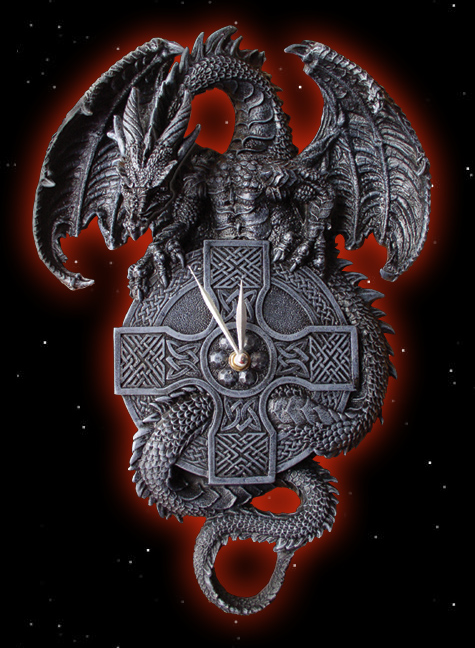p. 453
Fifth Part of the Code of Illuminees
The degree which follows that of Minor Illuminee is sometimes called Major Illuminee; at other times, Scotch Novice. Under this two-fold denomination a double object is comprized. As Scotch Novice, the adept is turned in upon Masonry; and it is only a snare for imposing upon the credulity of those, who have not given the requisite symptoms for being initiated in the higher mysteries of the Sect. It is an introduction to the degree of Scotch Knight, which terminates the career of the dupes. But as a degree of Illuminism, it will encompass the adept with new bonds, more extraordinary and more firm than the former; it is a more immediate preparation for the grand mysteries; in short, it is from this degree that the masters of the Minerval Academies are selected.
Let us begin by laying open the artifice of that strange bond which the adept will never dare to rend asunder, though he should wish to withdraw from Illuminism, or more particularly should he be tempted to reveal what he may have already discovered of the artifices, principles, or grand object of the Sect.
Before the candidate is admitted to the new degree, he is informed that his reception is resolved on, provided he gives satisfactory answers to the following questions:
I. Are you acquainted with any society grounded on a better constitution, or more holy and solid than ours, and which tends with more certainty or expedition to the object of your wishes?
II. Was it to satisfy your curiosity that you entered our society? or, was it to concur with the chosen among men to universal happiness?
III. Are you satisfied with what you have seen of our laws? Will you labour according to our plan, or have you any objection to propose against it?
IV. As there will be no medium for you, declare at once, whether you wish to leave us, or whether you will remain attached to us for ever?
V. Are you a member of any other society?
p. 454
VI. Does that society impose any thing detrimental to our interests; for example, the discovery of our secrets; or, does it require you to labour for itself exclusively?
VII. Should such things be ever required of you, tell us upon your honour, whether you would be disposed to acquiesce in them?
These questions answered, there still remains another proof of confidence which the Order expects from the candidate. This is nothing less than an exact and candid account of his whole life, written without any reservation or dissimulation whatever. The necesssary time is given him; and this is the famous bond, or rather snare, into which when Weishaupt has once brought the candidate he exultingly exclaims, “Now I hold him; I defy him to hurt us; if he should wish to betray us, we have also his secrets.” It would be in vain for the adept to attempt to dissimulate. He will soon find that the most secret circumstances of his life, those which he would most anxiously wish to hide, are all known by the adepts. The arts which he has hitherto practised to pry into the most secret motions of the hearts of his pupils, into their tempers and passions, their connections, their means, their interests, their actions and opinions, their intrigues and faults, have all been more artfully employed by others in watching himself. Those who compose the lodge into which he is going to be received, are the very persons that have been scrutinizing his past life.
All the discoveries made by his Insinuator, all the statements he has been obliged to give of himself as required by the Code, every thing which the Brother Scrutators, either known or unknown, have been able to discover concerning him during his degrees of Minerval or of Minor Illuminee, have been accurately transmitted to the Brethren of the new lodge. Long before his admission, they had accomplished themselves in the scrutinizing arts.—These wretches then will mimick even the canonization of the saints! The very precautions which Rome takes to discover the least taint in those whom it proposes to the veneration of the faithful, this illuminizing Sect will adopt, in order to satisfy itself that in its adepts no civil nor religious virtue can be traced. Yes, the villains in their dens wished to know each other, and smiled to see their accomplices as wicked as themselves.

Moe is the founder of GnosticWarrior.com. He is a father, husband, author, martial arts black belt, and an expert in Gnosticism, the occult, and esotericism.




